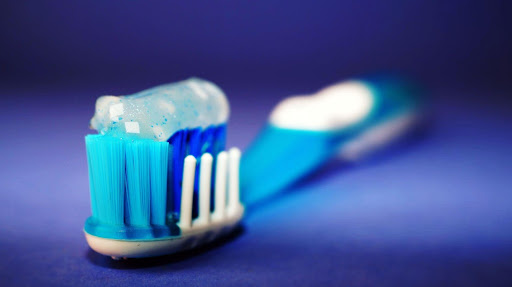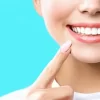Oral health isn’t only about having beautiful white teeth. It means having disease-free teeth, gums, and jaw—and the best way to maintain good oral health is by practicing good oral hygiene and not missing dentist appointments.
However, maintaining good oral hygiene isn’t as simple as it sounds. With so many different products and devices available on the market, it can be difficult to figure out what’s effective and what isn’t.
Don’t know where to start? Keep reading to learn some of the best practices for maintaining good oral hygiene. By following these tips, you’ll be well on your way to a healthy body and a beautiful smile.
Visit Your Dentist Frequently:
Many people think that as long as they brush their teeth every day, they don’t need to visit the dentist. However, this is not the case. It is important to visit your dentist frequently to maintain good oral hygiene.
The dentist will thoroughly clean your teeth during a dental visit and remove any plaque or tartar buildup. Additionally, they will look for signs of gum disease or oral infections. If caught early, these problems can be treated easily. However, if left untreated, they can lead to more serious issues.
So, be sure to schedule a dental appointment every six months. These days, you can even book an appointment online. Let’s say your dentist has told you that your teeth are misaligned. You only have to Google orthodontic experts near me to find the best orthodontists in your area.
Maintain a Healthy Diet:
Good oral hygiene starts with a healthy diet. Eating a balanced diet helps to ensure that your teeth and gums receive the nutrients they need to stay strong and healthy. There are a few specific things you can do to help maintain good oral hygiene through your diet.
Try to limit your intake of sugary and acidic foods. Too much sugar can lead to tooth decay, while acidic foods can erode tooth enamel. Both of these can eventually lead to serious oral health problems.
Also, make sure you’re getting enough calcium. Calcium is essential for strong teeth and bones. And don’t forget to eat fruit and vegetables. These foods help to clean your teeth as you eat them and promote saliva production, which helps to keep your mouth healthy.
Brush Daily with Fluoride Toothpaste:
Besides maintaining a healthy diet and seeing your dentist frequently, brushing your teeth twice a day with fluoride toothpaste is one of the best things you can do for your oral health. Fluoride is a mineral that helps to prevent tooth decay and can even reverse it in its early stages. It’s important to use fluoride toothpaste, as this will protect you most against cavities and other dental problems.
When brushing your teeth, be sure to use a pea-sized amount of toothpaste on your toothbrush. You should also brush for at least two minutes, making sure to reach all areas of your mouth. After brushing, rinse your mouth with water and avoid eating or drinking for 30 minutes to allow the fluoride to work.
Don’t Forget to Floss:
When it comes to dental hygiene, one thing that’s neglected the most is flossing. But flossing is essential as it helps to remove plaque and bacteria from your teeth and gums. If you don’t floss regularly, you’re more likely to develop bad breath and gum diseases.
There are a few different ways to floss, including using floss picks or pre-strung floss. Whichever method you choose, be sure to use the appropriate pressure and clean all sides of your teeth. You should also floss before brushing your teeth to remove any plaque your toothbrush might miss.
Use Antiseptic Mouthwash:
Mouthwashes can be used after brushing and flossing as an additional part of the oral hygiene routine. It helps to remove plaque and bacteria from the mouth, which can lead to bad breath, tooth decay, and gum disease. Antiseptic mouthwashes are specially formulated to kill bacteria and help keep the mouth free of infection.
There are many different brands and types of antiseptic mouthwash on the market, so it’s important to choose one that is right for you. Be sure to read the labels carefully and follow the directions for use.
Drink Plenty of Water:
It is well known that water is essential for our health and well-being. However, did you know water is also key to maintaining oral hygiene? That’s right – drinking plenty of water can help to keep your teeth and gums healthy.
Water helps rinse food and bacteria that can cause cavities and gum disease. It also helps to keep your mouth hydrated, which is important for maintaining healthy saliva production. Saliva is important for preventing tooth decay and keeping your gums healthy.
So next time you reach for a drink, make sure it’s water! Your teeth will thank you.
Conclusion:
If you want to maintain good oral hygiene, there are some things you should do on a daily basis. First, brush your teeth at least twice a day with fluoride toothpaste. In addition, floss daily and use mouthwash. You should also avoid smoking and eat a healthy diet. Finally, visit your dentist for professional cleanings and checkups.







